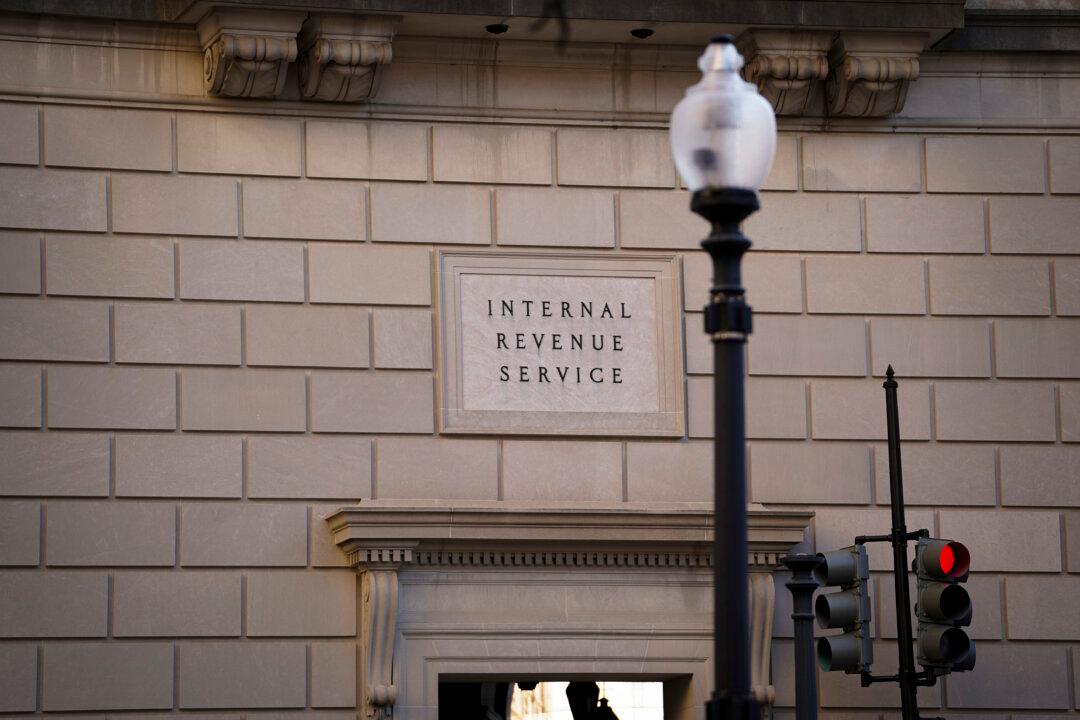Internal Revenue Service (IRS) Commissioner Danny Werfel warned that an impending shutdown of the federal government could negatively affect operations during the 2024 tax filing season.
“We have experienced shutdowns before. We have not experienced shutdowns in the middle of filing season. So there’s some uncertainty there,” Mr. Werfel told reporters on Friday. “We'll have a variety of different carve-out elements that will allow us to maintain operations,” he said. However, a shutdown “will increase the risk that we don’t have as smooth a filing season as we intend to have.”





